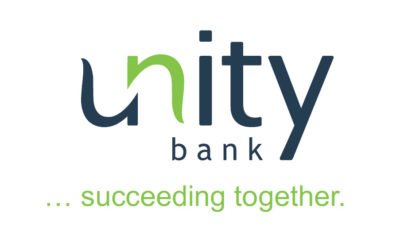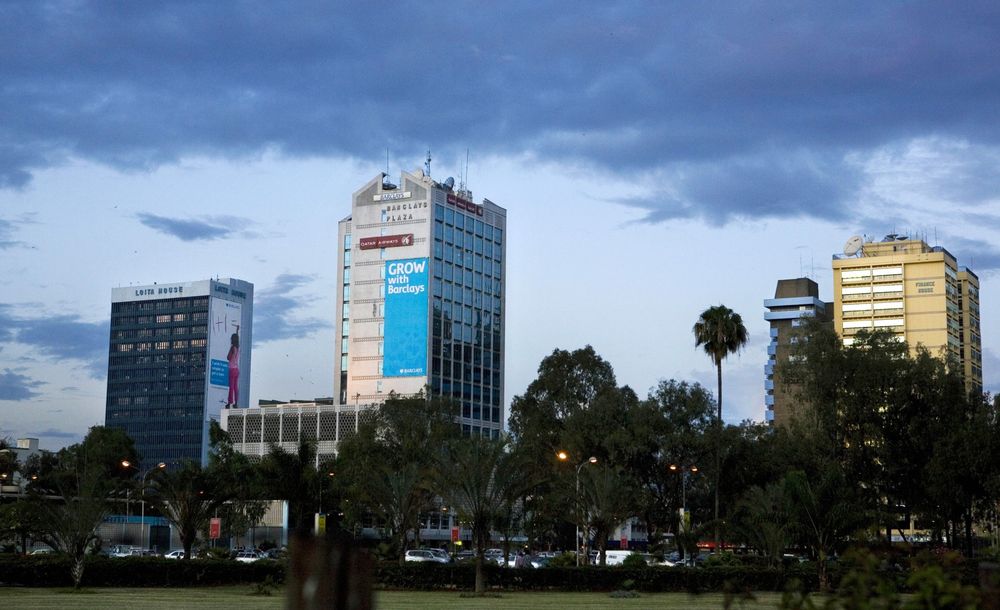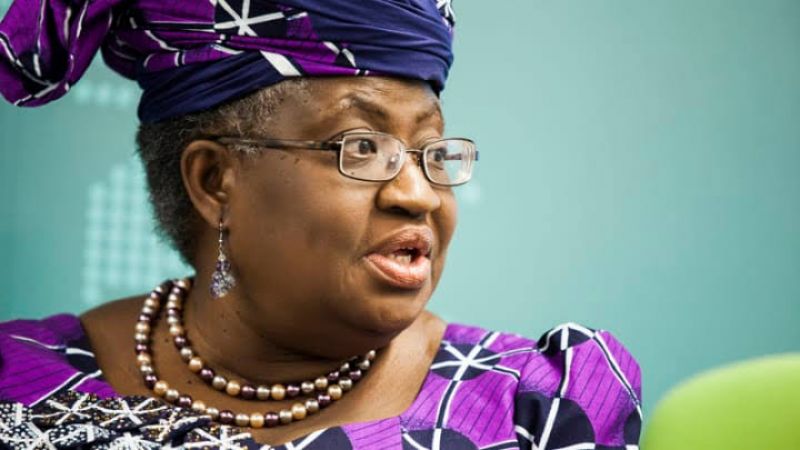The Nigerian economy grew in the second quarter of 2024 by 3.19% year-on-year, according to data released by the National Bureau of Statistics (NBS) on Monday.
This is an improvement from the 2.98% growth recorded in the first quarter of 2024 and the 2.51% achieved during the same period in 2023.
The growth was driven predominantly by the service sector, which saw a 3.79% growth during the quarter and contributed 58.76% to Nigeria’s aggregate GDP.
The service sector, which includes industries such as telecommunications, banking, and hospitality, has become a significant driver of economic activity in Africa’s largest economy as it diversifies away from its traditional reliance on oil and agriculture.
In addition to the strength of the service sector, the industry sector also posted a positive performance, growing by 3.53% during the quarter.
This is a notable recovery from the -1.94% decline recorded in the same period in 2023.
The industry sector includes manufacturing, construction, and utilities, which have benefitted from increased investments and improvements in energy supply.
The agriculture sector, a longstanding pillar of the Nigerian economy, experienced a modest growth of 1.41%, slightly lower than the 1.50% recorded in the second quarter of 2023.
Despite the slower growth, agriculture remains vital to Nigeria’s economy, providing employment to millions of Nigerians and contributing to food security.
The overall 3.19% growth in GDP highlights the resilience of the Nigerian economy despite ongoing challenges such as inflation, currency depreciation, and insecurity.
Analysts had predicted a modest growth rate of around 3.16% for the second quarter, closely aligning with the actual performance.
The Financial Derivatives Company (FDC) also forecasted Nigeria’s annual average GDP growth to reach approximately 3.07% in 2024, which is consistent with the International Monetary Fund’s (IMF) revised projections.
The Q2 GDP performance supports these forecasts, providing cautious optimism for the remainder of the year.
While the growth of the Nigerian economy is a positive development, challenges remain. Inflation, particularly in food prices, continues to strain household incomes, and the naira’s depreciation has increased the cost of imports.
Also, infrastructure deficits and insecurity in various regions of the country pose obstacles to sustained economic expansion.
Despite these challenges, the continued growth in the service and industry sectors demonstrates Nigeria’s capacity to adapt and evolve in an increasingly diversified economy. If these sectors maintain their current trajectory, they could help mitigate some of the pressures facing the economy and improve living standards for Nigerians.
The government’s focus on economic reforms, including efforts to attract foreign investment, improve infrastructure, and enhance security, will be crucial in sustaining and building on the positive GDP growth in the coming quarters.
Economic diversification remains a key goal, and the strong performance of the service sector is a promising sign that Nigeria is moving in the right direction.
With cautious optimism, experts are hopeful that Nigeria can leverage its expanding sectors to achieve sustained economic growth and create more opportunities for its growing population.

 Naira3 weeks ago
Naira3 weeks ago
 Education4 weeks ago
Education4 weeks ago
 Naira3 weeks ago
Naira3 weeks ago
 Naira3 weeks ago
Naira3 weeks ago
 Banking Sector3 weeks ago
Banking Sector3 weeks ago
 Naira4 weeks ago
Naira4 weeks ago
 Naira4 weeks ago
Naira4 weeks ago
 Naira3 weeks ago
Naira3 weeks ago
























